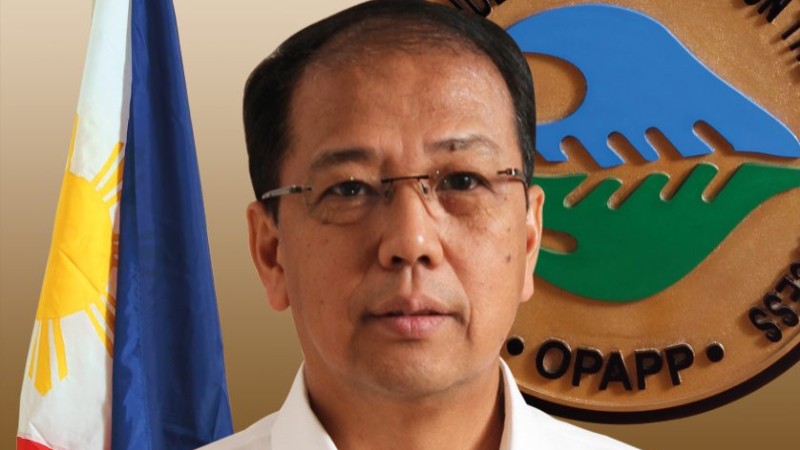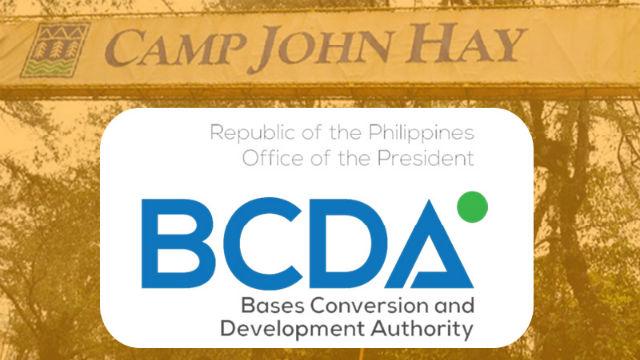BAGUIO CITY – The National Inter-agency Task Force for the Management of Emerging and Re-emerging Infectious Diseases (IATF) lauded Baguio City and the Cordillera for their best practices in containing the dreaded Corona Virus Disease (COVID) 2019 that paved the way for the minimal infection among the populace during the enforcement of the Luzonwide Enhanced community quarantine (ECQ) and general community quarantine (GCQ).
National Anti-COVID Action Plan Chief Implementer and Presidential Peace Adviser Carlito Galvez, Jr. said that during the upcoming meeting of the IATF, he will personally bring to the attention of President Rodrigo Duterte the best practices of Baguio City and the Cordillera local governments that helped in minimizing the infection of the region’s populace for possible replication in other areas of the country.
Galvez was in town to personally grace the meeting of the Cordillera IATF and the Cordillera Regional Disaster Risk Reduction and Management Council (CDRRMC) that was hosted by Mayor Benjamin B. Magalong.
The Chief Implementer pointed out that Baguio City and the Cordillera local governments were among the top performing local government units in the country that stepped up in the implementation of doable strategies and measures that contained the spread of the deadly virus among their constituents.
Apayao, Kalinga and Mountain Province remain to be COVID-free to date while the 46 confirmed cases in the region came from Baguio city with 31 cases, Benguet – 10 cases, Abra – 3 cases and Ifugao – 2 cases.
Galvez pointed out that it takes a multi-pronged approach on the identification of the possible COVID carriers, the isolation of the COVID suspects, the targeted and expanded testing of the same and the tracing of the close contacts of the patients to contain the rapid spread of the contagious infection.
Baguio City and Cordillera local governments were able to excel in the use of technology for contact racing that led to the timely isolation of the COVID suspects, the involvement of respected community leaders in the screening of beneficiaries of the government’s Social Amelioration Program (SAP) and keeping people in their homes during the ECQ and GCQ with the least resistance among others.
He pointed out that one of the ways to contain the spread of the deadly virus is to capacitate both public and private health care facilities in the different parts of the region to ensure the timely release of swab test results for immediate contact tracing and to guarantee that a bigger portion of the existing population will be tested based on the existing categories that will be prioritized pursuant to health protocols.
According to him, the combination of rapid diagnostic test and the reverse transmission polymerase chain reaction-based test will greatly help in speeding up the targeted and expanded testing being spearheaded by the health department so that test results of suspected COVID patients will be immediately released to facilitate the conduct of isolation and tracing activities.
By Dexter A. See













